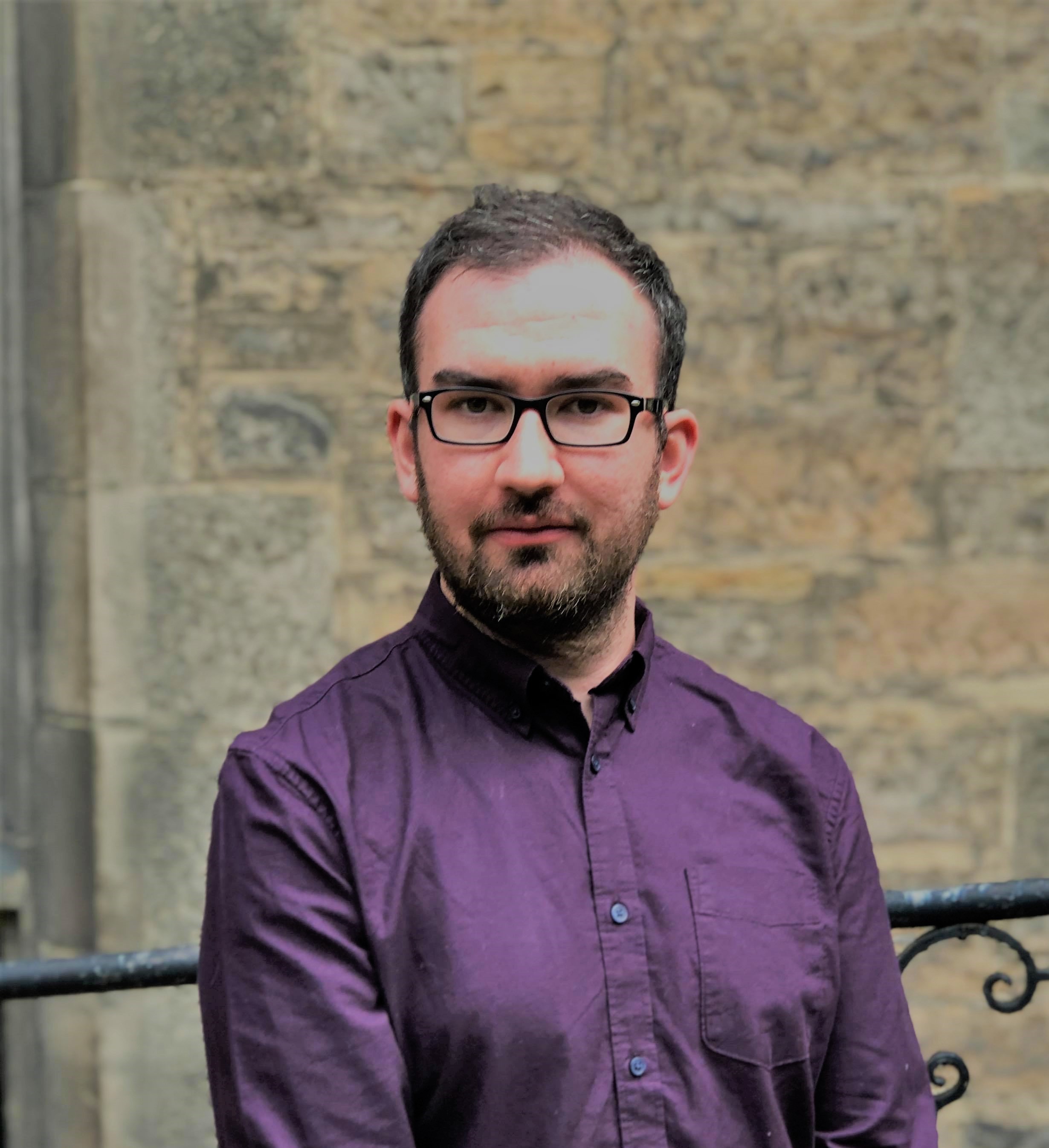David Center for the American Revolution Seminar: “'Refuge in the English Army': Black Refugees and the Yorktown Campaign" with James Mackay

The first meeting of the 2022-2023 David Center for the American Revolution Seminar Series will take place on Wednesday, October 5, 2022 at 3:00 p.m. ET on Zoom.
The speaker will be James Mackay. He is a final-year PhD candidate in History at the University of Edinburgh. His dissertation is titled ‘‘‘What They Call Free in This Country’: Refugees from Slavery in Revolutionary America, 1775–1783.” It explores how Black refugees created, sustained, and were denied refuge with the British military during the Revolutionary War. He did his undergraduate degree in History and Spanish at the University of Oxford before completing an MSc in American History at the University of Edinburgh. His research has been supported by research fellowships from the Gilder Lehrman Institute of American History, the International Center for Jefferson Studies, and the University of Michigan.
James will be presenting a paper on “Refuge in the English Army." A description of the paper is below. The paper will be pre-circulated to registered participants in advance of the seminar meeting.
To attend the seminar and to receive a copy of the paper, please register via Zoom.
The David Center for the American Revolution Seminar serves as a forum for works-in-progress that explore topics in the era of the American Revolution (1750-1820). Questions about the series may be directed to Adrianna Link, Head of Scholarly Programs, at [email protected].
NOTE: Seminars are designed as spaces for sharing ideas and works still in-progress. For this reason, this event will not be recorded.
This chapter examines how Black refugees experienced sanctuary following the return of British forces to Virginia in January 1781, culminating in their surrender at Yorktown in October 1781. The paper analyzes Black refugees’ movements with Lord Cornwallis’s army after the general left Wilmington, North Carolina, on 25 April 1781 to begin what became the Yorktown campaign. This work concludes by exploring the limits of the sanctuary offered by the British army, when the royal forces abandoned most, by not all, of their sometime Black allies.
The paper argues that refuge from slavery, as fleeting, precarious, and uncertain as it often was, better characterizes the ambiguous relationship between Black refugees and the British army than the binary of slavery and freedom. Black refugees, such as Boston King, may have hoped that ‘‘refuge in the English army’’ would translate into an enduring ‘‘happiness of liberty.’’ Yet by 1781, as the historian Ira Berlin put it, Black refugees knew the British to be ‘‘unreliable liberators.’’ Black refugees could not control whether British officers would honor, or would even be capable of honoring, promises of freedom. Black refugees, though, could, and did, force royal forces to offer a tentative refuge from slavery by deciding to make for the British lines in large numbers. Within those lines, some Black refugees articulated and enacted loyalism to the royal cause as a means by which to secure and sustain sanctuary.
The motivations of Black refugees and the British army were not one and the same. Yet, when their interests overlapped, Black refugees took advantage to forge what King described as ‘‘refuge in the British lines.’’ This chapter argues that, however fleetingly, Black refugees temporarily transformed the British army into an army of refuge. The historian Gary Nash argued that during the Revolutionary War, ‘‘a place of refuge was as close as the British army.’’ This chapter contends that if the British army became a sanctuary space for Black refugees, it was as a result of the decisions and actions of Black refugees. Although freedom seekers often, as historian Sylvia Frey put it, carried out ‘‘duties consistent with servile status in a slave society,’’ this piece argues that Black refugees navigated degrees of unfreedom to create sanctuary spaces within the British army.
